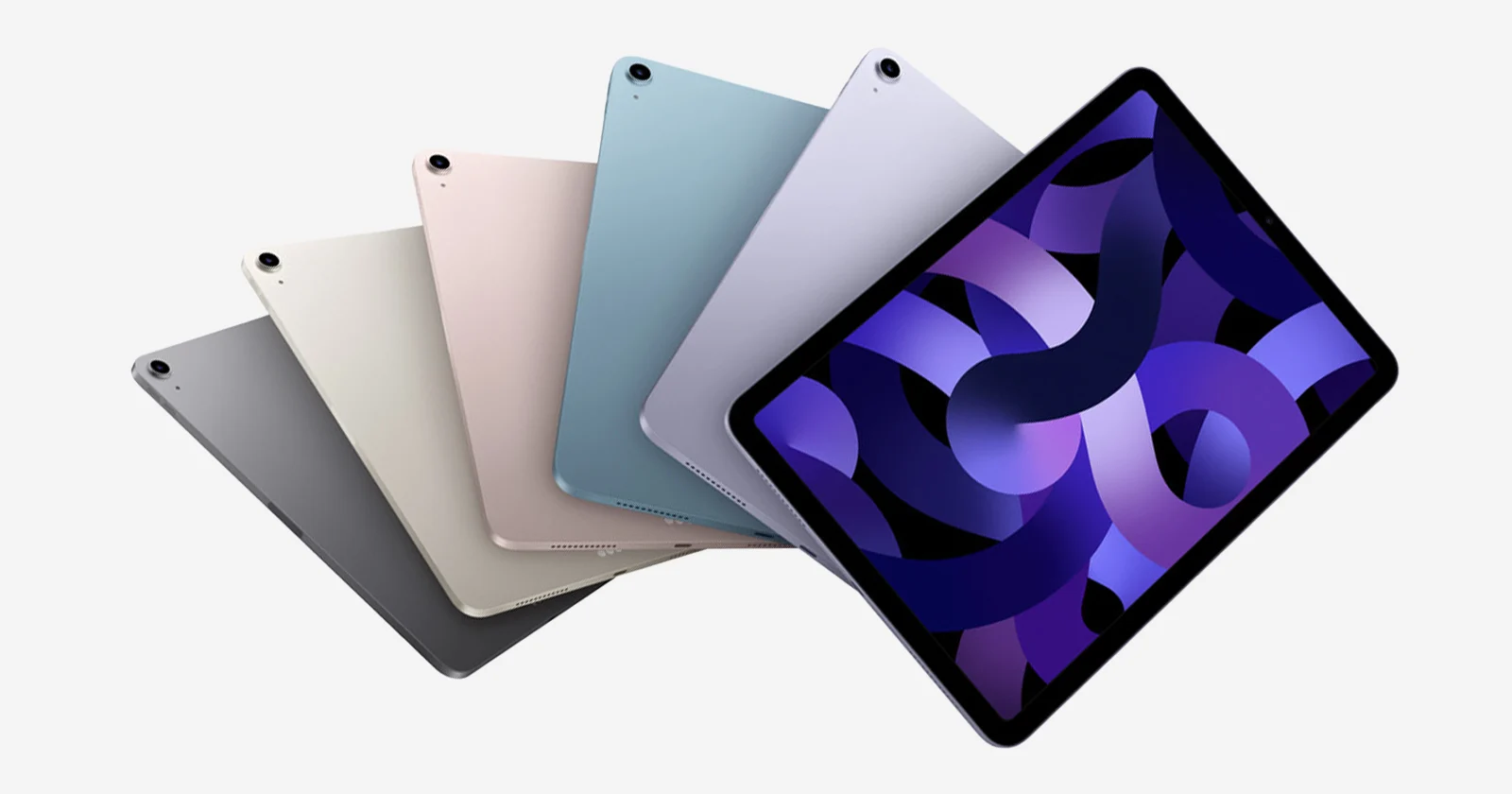XFMExpress is another of the new generation standards approved by JEDEC. If UFS 4, which we reviewed yesterday, was designed to improve internal storage on portable devices, the one at hand is dedicated to removable storage.
Kioxia has announced the first card compatible with this XFMExpress, which uses the interface as the main novelty PCIe 4.0 increase the performance level to an unprecedented level for these external and removable drives. So much so that they are said to be a compelling alternative to SSDs.
Another advantage is the low profile of the shape factor. With dimensions 14 mm x 18 mm x 1.4 mm, optimizes mounting space for ultra-compact hosts without sacrificing performance or operability. With minimized height, they are ideal for thinner and lighter notebooks, while the flexibility of removable storage helps reduce technical barriers and design constraints.
Overall, performance is your best cover letter. Memory chip connected PCIe 4.0 can achieve a theoretical potential throughput of up to 6,000 Mbps per second in sequential read / write. They also support the NVMe 1.4b protocol so that disks can be booted.
For all these reasons, these XFMExpress are a compelling alternative to other form factors, such as M.2 SSDs. For them, Kioxia sees the future in a wide range of devices, ultra-mobile computers, the Internet of Things and various embedded applications.

Kioxia will showcase its new removable storage at Flash Memory Summit 2022, which will take place from August 2 to 4 in California, with 256 and 512 GB versions. It is clear that NAND flash-based solutions are the present and future of storage. The internal one with novelties such as the PCI Gen5 SSD and also the removable one with what comes under this XFMExpress standard.














